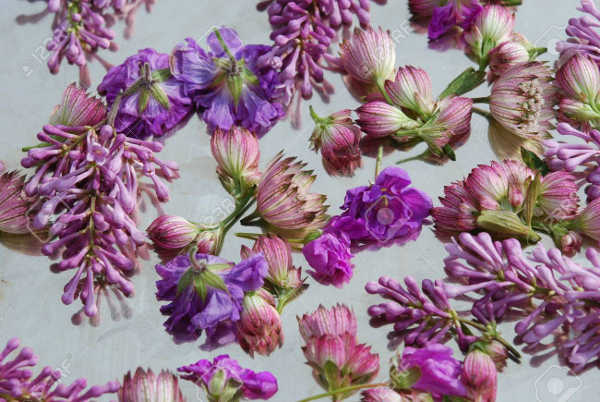FWP:
SETS
BONDAGE: {1,5}
GRANDIOSITY: {5,3}
SOUND EFFECTS: {26,7}
For background see S. R. Faruqi's choices. This verse is NOT one of his choices; I thought it was interesting and have added it myself. For more on Ghalib's unpublished verses, see the discussion in {4,8x}.
ABOUT 'DOUBT ABOUT DERIVATION': In traditional Perso-Arabic poetics there is a verbal device called 'doubt about derivation' [shubh'h-e ishtiqaaq]. Mir was very fond of it; for many Mirian examples, scroll down on this page to 'device'. One conspicuous one: the second line of M{724,5}: shahr shahr ishtihaar hai apnaa . Now in fact these two words have two different derivations ( shahr is from Persian and has no connection with the Arabic ishtihaar ), but when reading or-- especially-- hearing them, it's impossible to avoid feeling their strong mutual echoes and seeming relationship.
Ghalib is not nearly so partial to the device of 'doubt about derivation', but the present verse certainly plays with the possibilities in the second line: mutafarriq and mere rufaqaa have a kind of riddling, anagram-like effect that seems to join them together and must be consciously overridden by the analytical part of the brain.
It's also enjoyable how the speaker presents himself in what might be called a 'humblebrag' (I wonder whether this neologism will last). He himself is not a lovely flower like his friends, he is just a plebeian strand of grass. But of course, his is the key role in holding the bouquet together, and after he's gone, his crowd becomes separated-- and perhaps even 'confused, ruined' (see the definition above).
For more on dead-lover-speaks verses, see {57,1}.

Asi:
The way flowers become gathered in one place by a tie made of grass, and thus remain a bouquet, in entirely the same way through my existence my friends were gathered into the likeness of a bouquet. Through my nonexistence, all my companions became scattered.
== Asi, p. 110